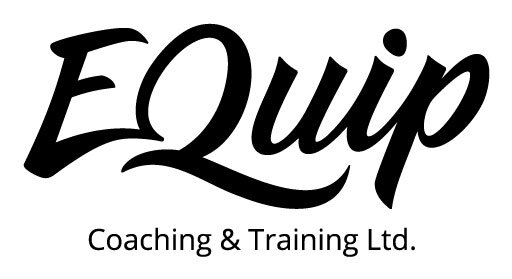Emily Golden
The New Golden Rule: The Professional Perfectionist’s Guide to Greater Emotional Intelligence, A More Fulfilling Career, and A Better Life
Emily is a master certified career coach and runs her own company The New Golden Rule. She has nearly two decades of corporate human resources experience and makes regular appearances on podcasts discussing her coaching methodology.
Her book The New Golden Rule: The Professional Perfectionist’s Guide to Greater Emotional Intelligence, A More Fulfilling Career, and A Better Life explores the concept that we should treat ourselves the way we want others to treat us and focuses on how we can use our emotional intelligence (EQ) to prevent perfectionism from holding us back
The book is split into three main parts:
Step One: The Archaeological Dig
- Explores the concept of perfectionism and how our Survival Self shows up.
Step Two: Living the New Golden Rule
- Explores the concept of the Golden Self and the value of emotional expression.
Step Three: Following the New Golden Rule Roadmap
- Explores how to tackle setbacks and the value of strengthening our stress tolerance.
Here are some key ideas that stood out for us.
Beginning the Archaeological Dig
Powerful questions to create positive acknowledgment.
The Archaeological Dig starts with an exercise that can be used to raise our self awareness and to achieve some positive acknowledgment on the things we are doing well.
Ask ten people (colleagues, friends, family) the following questions:
When I’m at my best, what is the experience of being around me like for others?
What are some of my notable traits?
Who am I in my relationships with others?
What is my most stand-out quality or ability?
Capturing this kind of data can help us feel better about ourselves. It can also prime us towards being more kind and generous in our assumptions towards others as we’ll naturally start to consider how we’d answer those same questions if they were presented by someone else.
Realistic expectations for relationships
Promoting joint accountability.
When it comes to our interpersonal relationships we often have an expectation of the other person. When they don’t show up or respond to something in a certain way we easily become disappointed because they aren’t meeting our own standards. To avoid this we should look to create realistic expectations, being transparent about works for us and inquisitive about what works for them.
For instance, it can be easy to assume that someone we’re working with is being unproductive if they are not providing regular updates. Instead, it may be the case that they have a more introspective style and communicating every step of the way is not an instinctive priority for them. To manage expectations accordingly, address the situation as early on as possible by saying: “Hey, here’s they type of communication that I do well with. What works for you?” This helps to promote joint accountability in the relationship that takes into account both styles.
Fifty Accomplishments Exercise
Renewing our confidence and sense of self worth.
When we feel more confident in ourselves our capacity for trying new things increases, as does our willpower for breaking disruptive habits.
A technique that can help heighten our self regard - and inner confidence - is to list fifty accomplishments where we experienced a send of pride fulfilment, or wholeness. This may sound like a lot - but that’s the whole point! After a certain number we have to start digging a bit deeper - unearthing things we thought we’d forgotten about.
As well as reminding us that we have experienced multiple successes in the past - when we reflect on the list it’s likely that we’ll see some interesting patterns emerge. For example, it may be well be the case that most of accomplishment helped us to express with the motivational values that matter the most to us.
Saying “I’m sorry” less
Try and avoid over-apologising
When appropriate - heartfelt apologies can be healing and affirm our commitment to a relationship. But if we’re honest - most of us get caught up in the habit of apologising for trivial things. For instance, we may automatically slip in the word “Sorry” when we’re trying to capture someone’s attention.
Whilst this might not seem like a big deal, the habit is actually disempowering us. Each time we say “Sorry” unnecessarily, we are undermining our own importance. - mainly due to a lack of confidence.
Next time you hear yourself about to say "Sorry” as a knee jerk reaction to something - try and take a pause , consider the context and then lead with an alternative phrase. “Thank you” is often a logical alternative. For example, try thanking a salesperson for pointing out where something is in a shop rather than apologising for not finding it yourself.
Your thoughts:
Have you read The New Golden Rule: The Professional Perfectionist’s Guide to Greater Emotional Intelligence, A More Fulfilling Career, and A Better Life already?
Do you think these ideas are useful?
Please feel free to leave a comment below.






